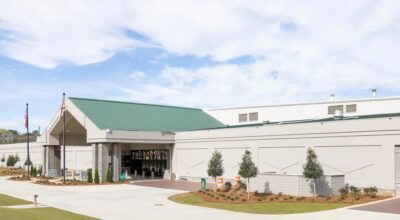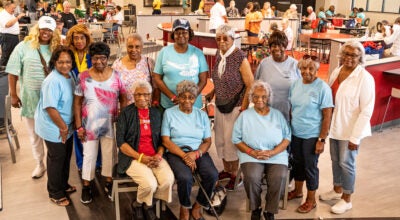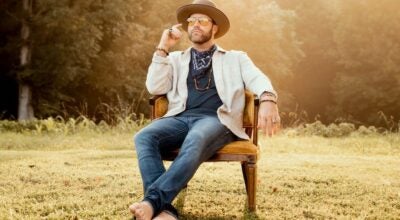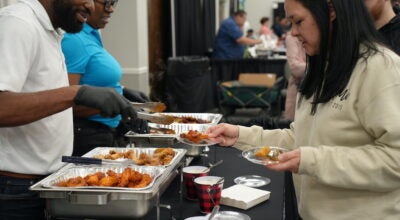AWC hosts baby bird shower
Published 2:07 pm Monday, May 14, 2012
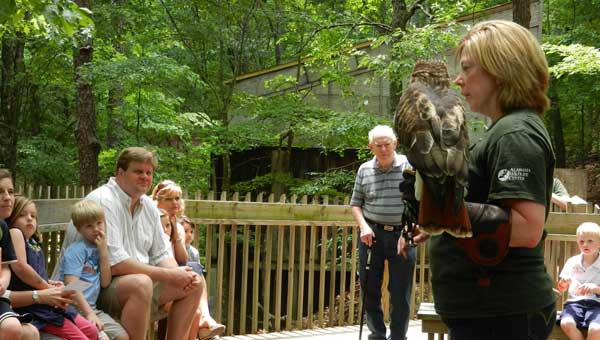
Sandra Allinson, education director of the Alabama Wildlife Center, holds Ireland, a 4-year-old Red-tailed Hawk, one of the AWC’s teaching birds.
By NANCY MEEKS/Special to the Reporter
It sounds a bit poetic for rain showers to fall on the day of a baby shower, but such was the case on Saturday, May 12, at the Alabama Wildlife Center’s Annual Baby Bird Shower.
Held the day before Mother’s Day, the shower is a fundraiser for the AWC, which rescues, rehabilitates and releases Alabama’s native injured or orphaned water birds, songbirds and raptors. The AWC cares for nearly 1,000 birds a year, and the shower generates much-needed food, supplies and funds that enable the center to operate every day of the year at no cost. Essential items collected include wild bird seed mix, poultry feed, animal heat lamps, pet carriers, laundry baskets, garbage bags, paper products and digital thermometers.
“Baby birds need to be fed every 30 minutes, so we go through quite a lot of food and feeding supplies,” said Carol Argo, executive director of the AWC.
Founded in 1977, the Alabama Wildlife Center is the largest animal rescue group in the state; in 2011, it received injured or orphaned birds from 45 counties throughout the state, and approximately 300 birds are currently being cared for at the AWC.
“We care for birds that have been orphaned or gotten hurt through a variety of situations: pet attacks, bad weather that brings down trees or destroys nests, vehicle collisions, even birds that get caught by glue traps that are meant to capture insects,” Argo said
The ultimate goal of the AWC is for the bird to be released back into nature.
“Songbirds are released into Oak Mountain State Park where the center is located so they’re close to food sources we provide for them, but with raptors [owls, eagles, falcons and other birds of prey], we try our best to return them to the areas where they’re found, so they’re in their most familiar natural surroundings and will hunt on their own,” Argo said.
If you suspect a bird in your area is hurt or orphaned, call the AWC’s hotline at 205-663-7930, ext. 2 for instructions on how to help, or visit www.awrc.org for more information.


